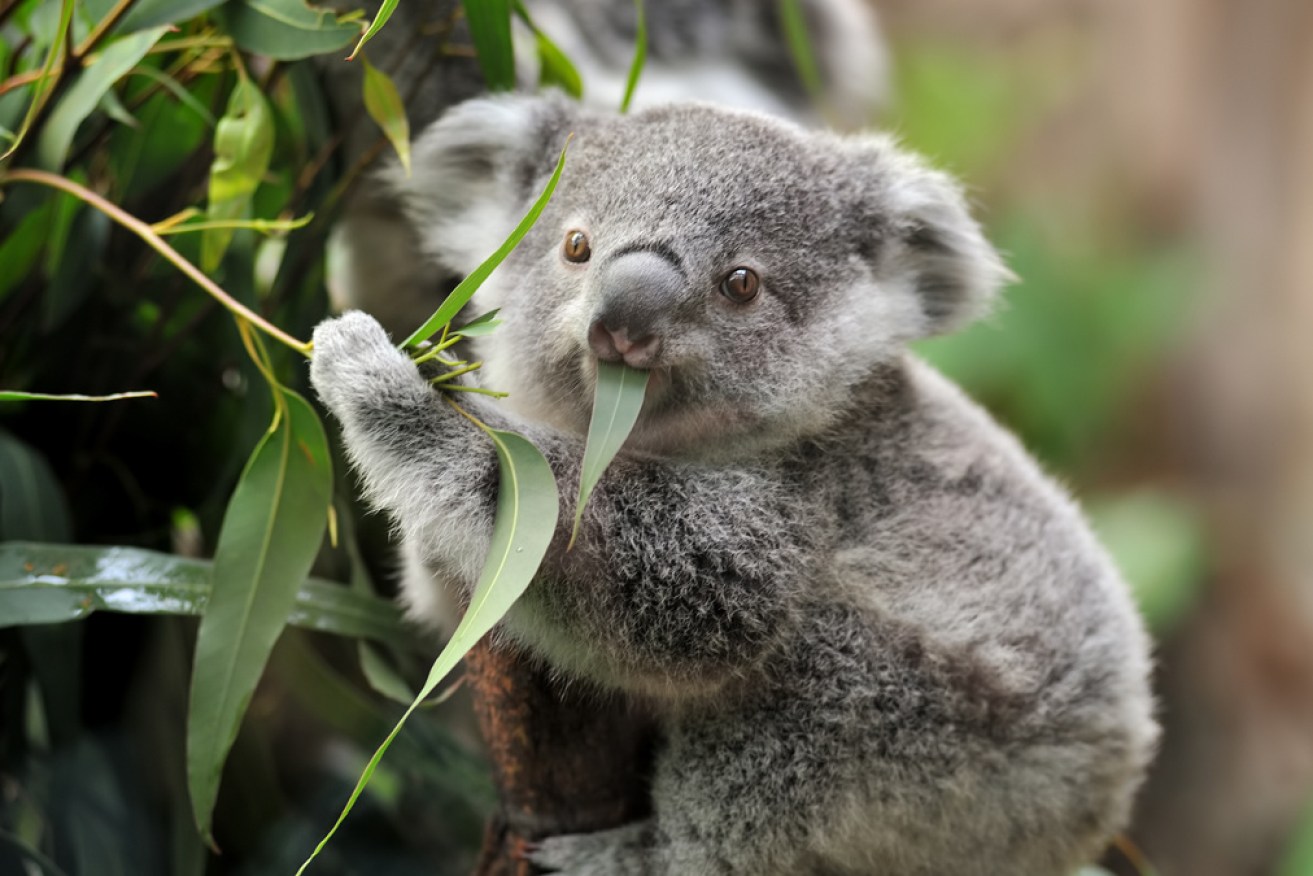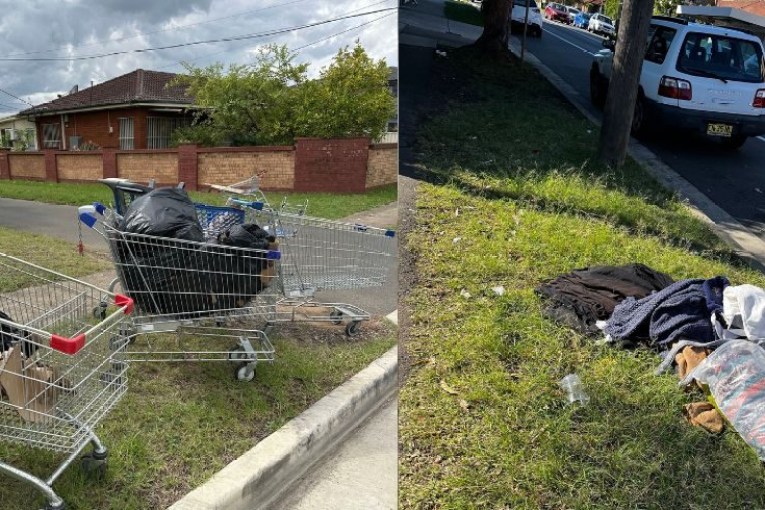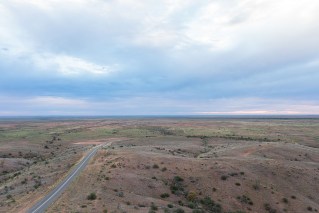Koalas, emus and more will be reintroduced to Sydney, thanks to a new national park


Wildlife experts say koalas are at risk of being functionally extinct and urgent action is needed. Photo: Getty
Sydney is getting a new national park aimed at recreating what the bush was like more than 200 years ago.
The new reserve near Shanes Park in Western Sydney will see the reintroduction of up to 30 locally extinct species, including emus, koalas and eastern quolls.
“This is wildlife restoration on a grand scale and one of the biggest urban wildlife restoration projects in Australia’s history,” NSW Environment Minister Matt Kean said in a statement.
“Nowhere else in the country is the reintroduction of 30 species in an urban setting of over 500 hectares even being considered, let alone being delivered.”
He compared the sanctuary to a Noah’s ark where native animals will be safe from introduced predators.

Eastern quolls were last recorded around Sydney in the 1960s, but now they’re set to be reintroduced. Photo: Getty
The first step will be the construction of a feral-free fence around the 500-hectare site, which will keep out stray cats, rabbits and other animals that have been known to prey on native wildlife.
In other parts of Australia, feral-free areas have been able to save 13 mammal species from extinction.
In November 2022, rangers will reintroduce many of the species that used to call Sydney home before white settlement.

Emus are also set to be reintroduced to Sydney. Photo: AAP
However, conservation organisation Save Sydney’s Koalas has criticised parts of the plan.
“While we thank the NSW government for a reserve, wildlife need corridors to move across the landscape to ensure cross breeding, food supply and territory,” the organisation wrote on Facebook.
“Save Sydney’s Koalas advocates for 450-metre-wide corridors for koalas to allow them to reach larger reserves.”
The area will be gazetted in 2022, and Aboriginal groups will be consulted to choose a suitable name.
The national park is expected to open to the public by early 2023, and will include an education centre that runs nocturnal spotlighting tours.








